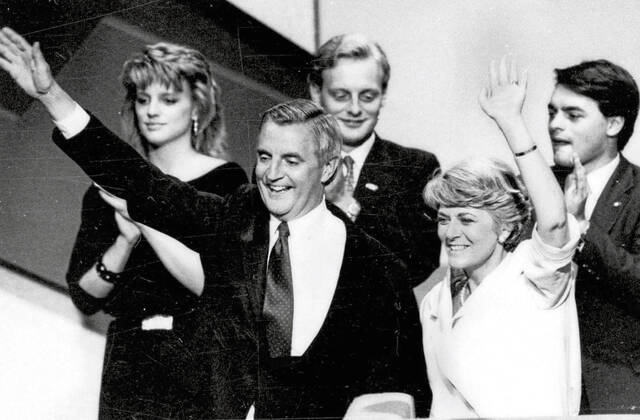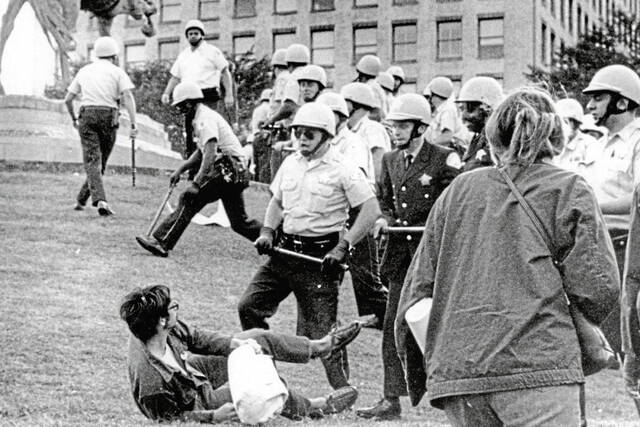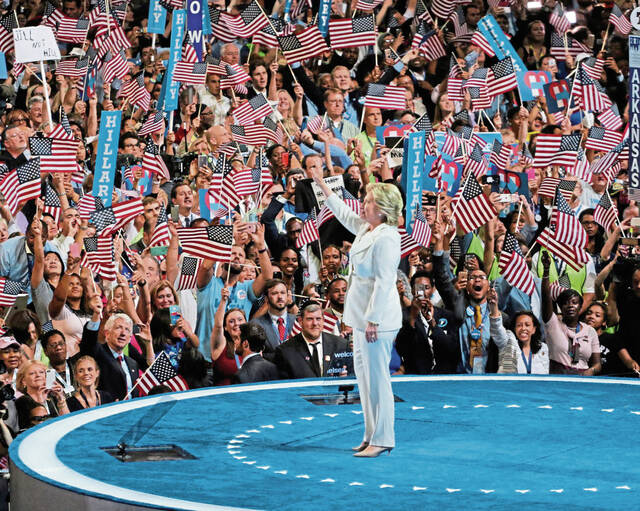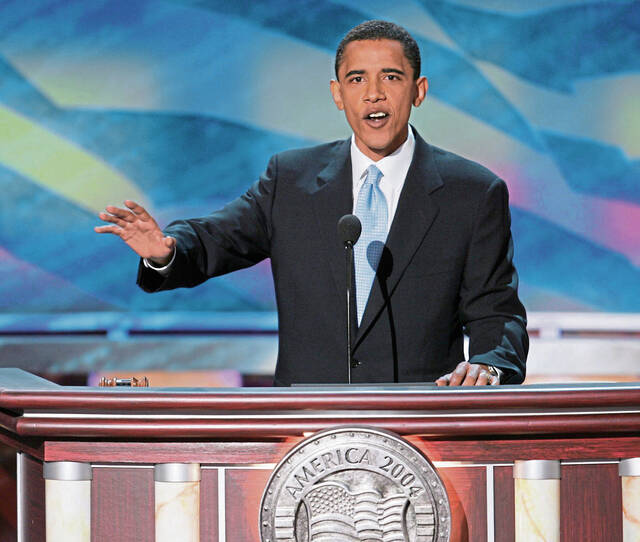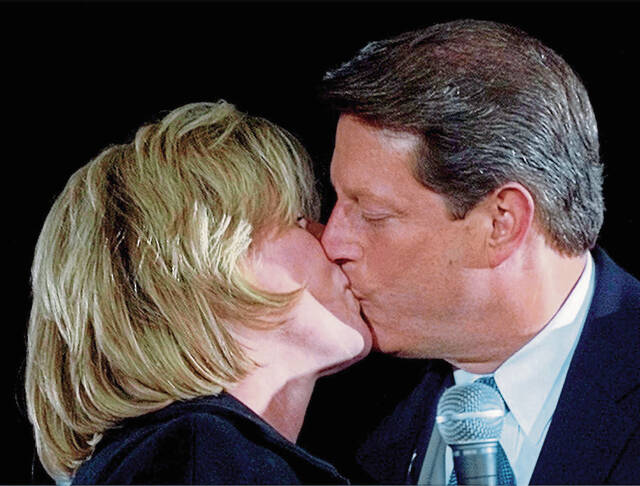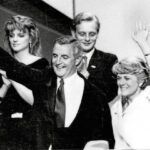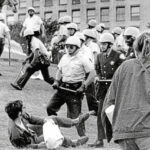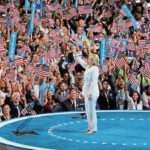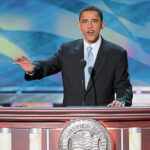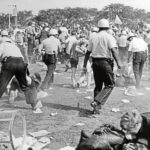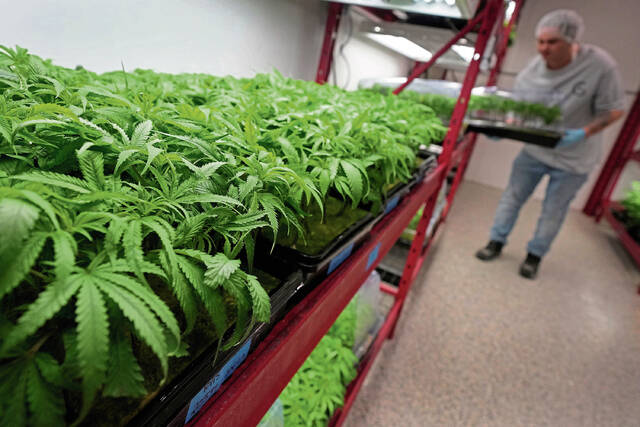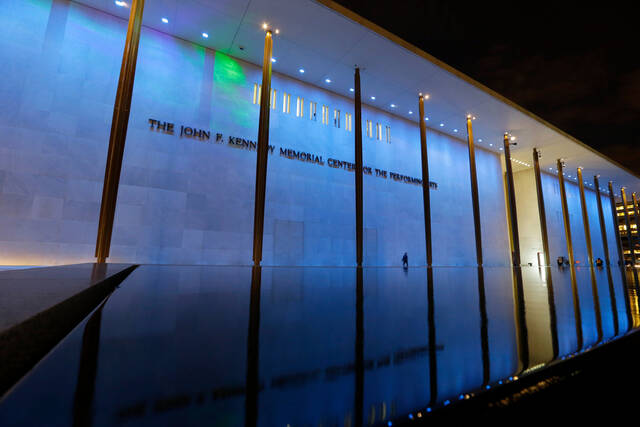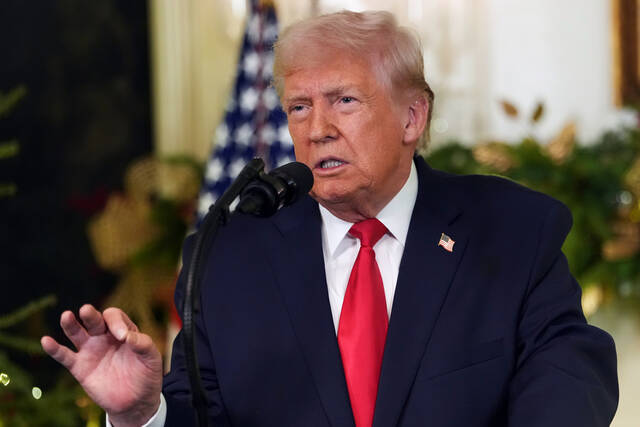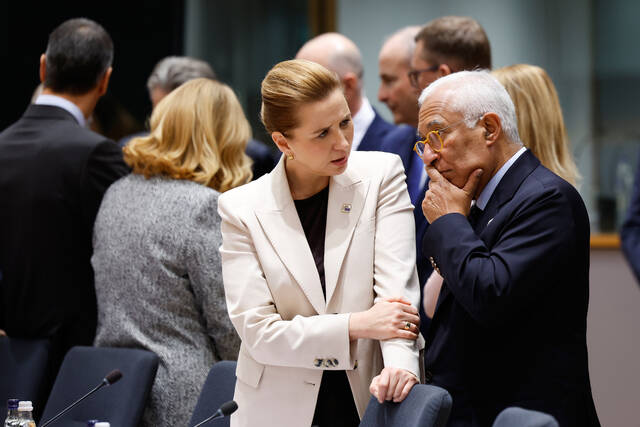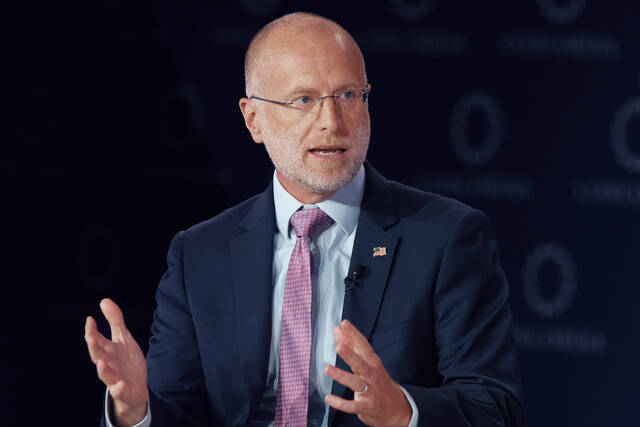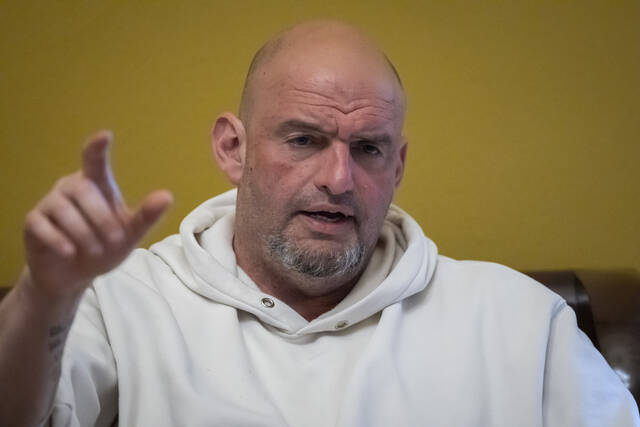1924 — Marathon convention
The Democratic National Convention in July in New York was the longest continuously running political convention in U.S. history. It lasted 17 days because the delegates could not decide on a nominee and came to a consensus only after 103 ballots were cast. John W. Davis, a dark horse candidate from West Virginia, eventually won the presidential nomination. Davis remains the only presidential nominee from a major party to hail from West Virginia. He lost in a landslide to President Calvin Coolidge.
1968 — Chicago chaos
Democrats seemed to learn a lot of lessons from 1968, the last time an incumbent withdrew from the race relatively late in the campaign. That year President Lyndon Johnson dropped out, leading to infighting and chaos. Martin Luther King Jr. and Democratic presidential candidate Robert Kennedy were assassinated in the months after Johnson withdrew. Protests against the Vietnam War raged in the streets outside the Chicago convention. Police brutalized protesters who chanted, “The whole world is watching.” Inside, some delegates tried to move the nomination away from Vice President Hubert Humphrey and select an anti-war candidate, but they were unsuccessful. Humphrey lost that year to Richard Nixon.
1984 — ‘Change is in the air’
Democratic U.S. Rep. Geraldine Ferraro of New York in 1984 became the first woman on the ticket of a major party when she accepted the vice presidential nomination and joined presidential nominee Walter Mondale’s campaign. Ferraro’s speech was the highlight of the convention, with tears running down the face of many in the audience. “Change is in the air,” she said to the San Francisco crowd, and for that brief moment, history was made. The speech ended up being the high point of the Democrats’ campaign, as incumbent President Ronald Reagan won 49 states in the November election.
2000 — Locking lips
Al Gore and wife Tipper embraced for a three-second, passionate kiss during the convention, catching just about everyone by surprise. That public display of affection led to an endless array of newspaper columns and television punditry. It was speculated the kiss was meant to humanize Gore and contrast him with outgoing President Bill Clinton, who had been under fire for an affair with Monica Lewinsky. Gore lost a nail-biter that year to Republican George W. Bush.
2004 — Obama rising
Then-Illinois state Sen. Barack Obama stole the show in Boston with a keynote address on the second night of the convention. Obama’s speech highlighted his personal biography as a Hawaiian kid raised by a single mother and his grandparents. He spoke about “the audacity of hope,” and his political career was sent into the stratosphere. Though Democratic nominee John Kerry lost that year, Obama would be the party’s nominee four years later and would make history as the first Black U.S. president.
2016 — First woman nominee
Hillary Clinton broke the glass ceiling in Philadelphia when she accepted the Democratic nomination for president. She became the first woman to be nominated for president by a major political party. Her nomination was fairly close, however, as she secured 54% of the convention delegates compared with 46% won by U.S. Sen. Bernie Sanders. History was made, but Clinton went on to lose a narrow election to Republican Donald Trump.


